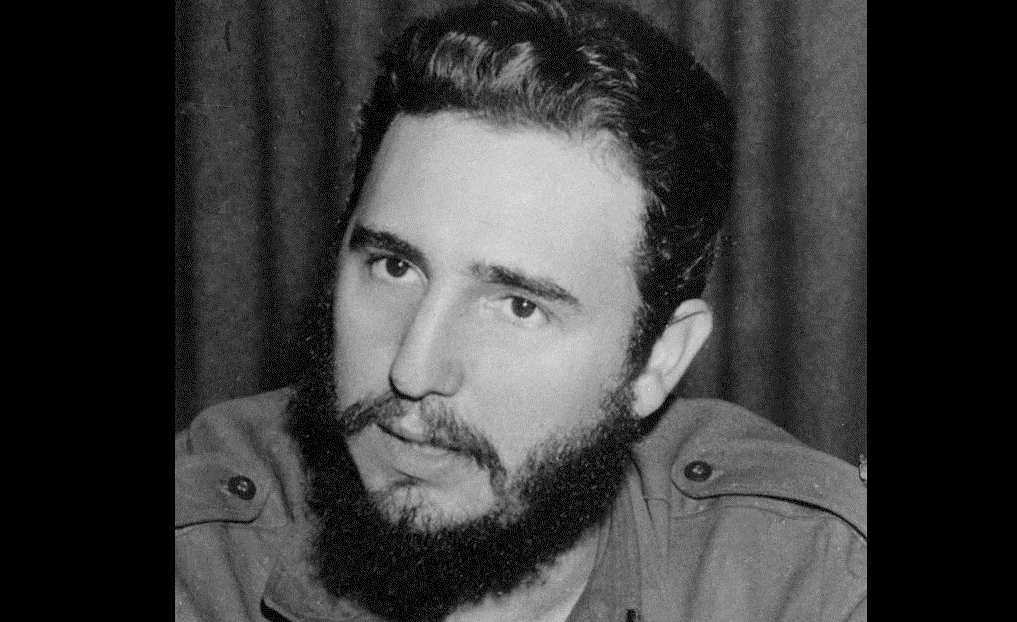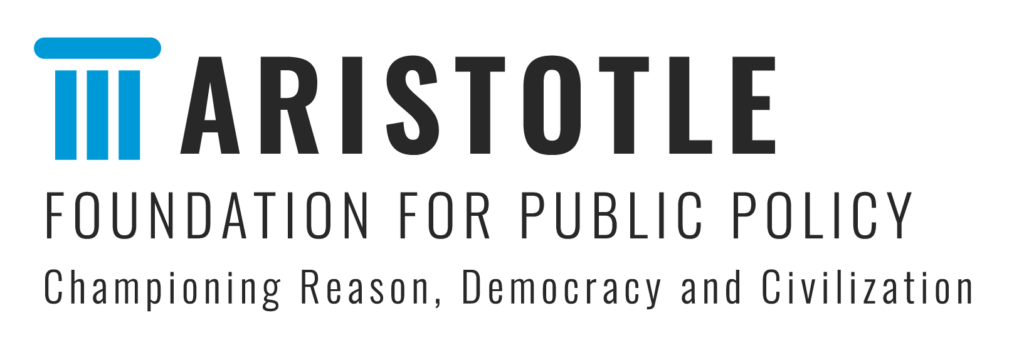
Mark Milke, Globe and Mail, April 8, 2024
Cuba is an economic and social failure. This is obvious to any honest observer of the island nation, now hurtling toward Haiti-like status when its living standards should always have been closer to those in the Bahamas.
I was in Cuba the day Fidel Castro resigned in 2008. I snapped pictures of bare pharmacy shelves in Havana, grocers rationing eggs, crumbling apartments, substandard hospitals and schools, and mould-infested hotels. Decent food remained available in tourist cities such as Varadero.
The problem is now worse. Cubans regularly protest their economic entrapment, or leave the country in droves. In 2021, demonstrations against a worsening economy and a lack of freedom were shut down by the regime in Havana. In the past few weeks, Cubans again called attention to shortages of food, fuel, medicine and electricity.
The situation is now so dire that Cuba’s government has even requested that the UN World Food Programme deliver milk to Cuban children under the age of seven.
What lies at the heart of this debacle is anti-reality ideology. Twentieth-century revolutionary Marxists such as Castro always claimed their economic system was superior to free enterprise and all that undergirds it: the rule of law, property rights, open societies and free trade. Cuba should, according their theory, have been able to make a self-sufficient go of it absent any trade with capitalists.
Of course, trade does matter to positive economic outcomes. And in Cuba, trade has been dampened externally by a U.S. embargo (on the justification that nationalized 1950s property ought to be returned) and internally, by top-down anti-entrepreneur policies, along with other restrictions on human freedom.
Cuban poverty has resulted from a lack of freedom, economic and otherwise, in relations with both the United States and also among Cubans themselves.
In other words, blame the Americans all you want, but also blame Fidel Castro and his successors. For more than six decades, Cuba’s rulers have forbidden various free enterprises inside Cuba.
The impact of that has been stark.
Economists Jorge Salazar-Carrillo and Andro Nodarse-Leon, in their 2015 book on pre-and post-revolution realities in Cuba, Cuba: From Economic Take-Off to Collapse under Castro, noted that in 1954 the country was performing relatively well by international standards.
Cuba was spending moreas a percentage of gross domestic product on education (4.1 per cent) than most European countries, and also the U.S. (4 per cent). Also, it had more doctors per capita than Great Britain, Norway and Sweden.
In 1958, the year before Fidel Castro toppled the corrupt Batista regime, Cuba was among the top three Latin American countries in terms of health care outcomes.
How does that compare with recent years? Cuba’s regime has been draining the country of some of its health care workers. They are sent outside of Cuba to earn hard currency for the regime, even as those same doctors, nurses and others are paid only in Cuban pesos. The U.S. State Department has a name for that practice: human trafficking.
As for Cuba’s economy, the historical view is helpful. Mr. Salazar-Carrillo and Mr. Nodarse-Leon write, “As the 1950s began, Cuba had a lot to be proud of with respect to the economic development it had achieved.” In 1957, the country’s per capita GDP, at US$379, was far below that of the U.S., at $2,141, but near Ireland and Italy ($445 and $407 respectively).
Tellingly, Cuba’s per capita GDP was higher than those of a few European countries (Spain, at $315, and Greece, at $286) and significantly higher than those of most Latin American countries. Those included Costa Rica, Argentina, the Dominican Republic, Mexico, Honduras, Guatemala, Brazil, Ecuador and Colombia.
Cuba’s $379 per capita GDP in 1957 was even 52 per cent higher than that of Japan, which recorded just $249 GDP per person that year.
Fast forward to 2024 and Cuba is near the bottom of the pack, whether measured by GDP, freedom or many other criteria.
The hard numbers represent a hard reality for Cubans. Unlike in the 1950s – when Cuba’s caloric intake, according to Mr. Salazar-Carrillo and Mr. Nodarse-Leon, was second in Latin America only to Argentina and Uruguay, two meat-producing countries – Cubans today are in the streets protesting a lack of food.
Some believe the fiction that Cuba under communism has had a few successes. But it has had none, and ordinary Cubans have suffered for 65 years because of anti-entrepreneur and anti-freedom policies.
Mark Milke is the founder and president of the Aristotle Foundation for Public Policy and editor of its first book, The 1867 Project: Why Canada Should Be Cherished—Not Cancelled.
Like our work? Think more Canadians should see the facts? Please consider making a donation to the Aristotle Foundation.

The logo and text are signs that each alone and in combination are being used as unregistered trademarks owned by the Aristotle Foundation. All rights reserved.
SUBSCRIBE TO OUR NEWSLETTER
SUBSCRIBE TO OUR NEWSLETTER

are signs that are each alone and in combination are being used as unregistered trademarks owned by the Aristotle Foundation. All rights reserved.
SUBSCRIBE TO OUR NEWSLETTER

SUBSCRIBE TO OUR NEWSLETTER
